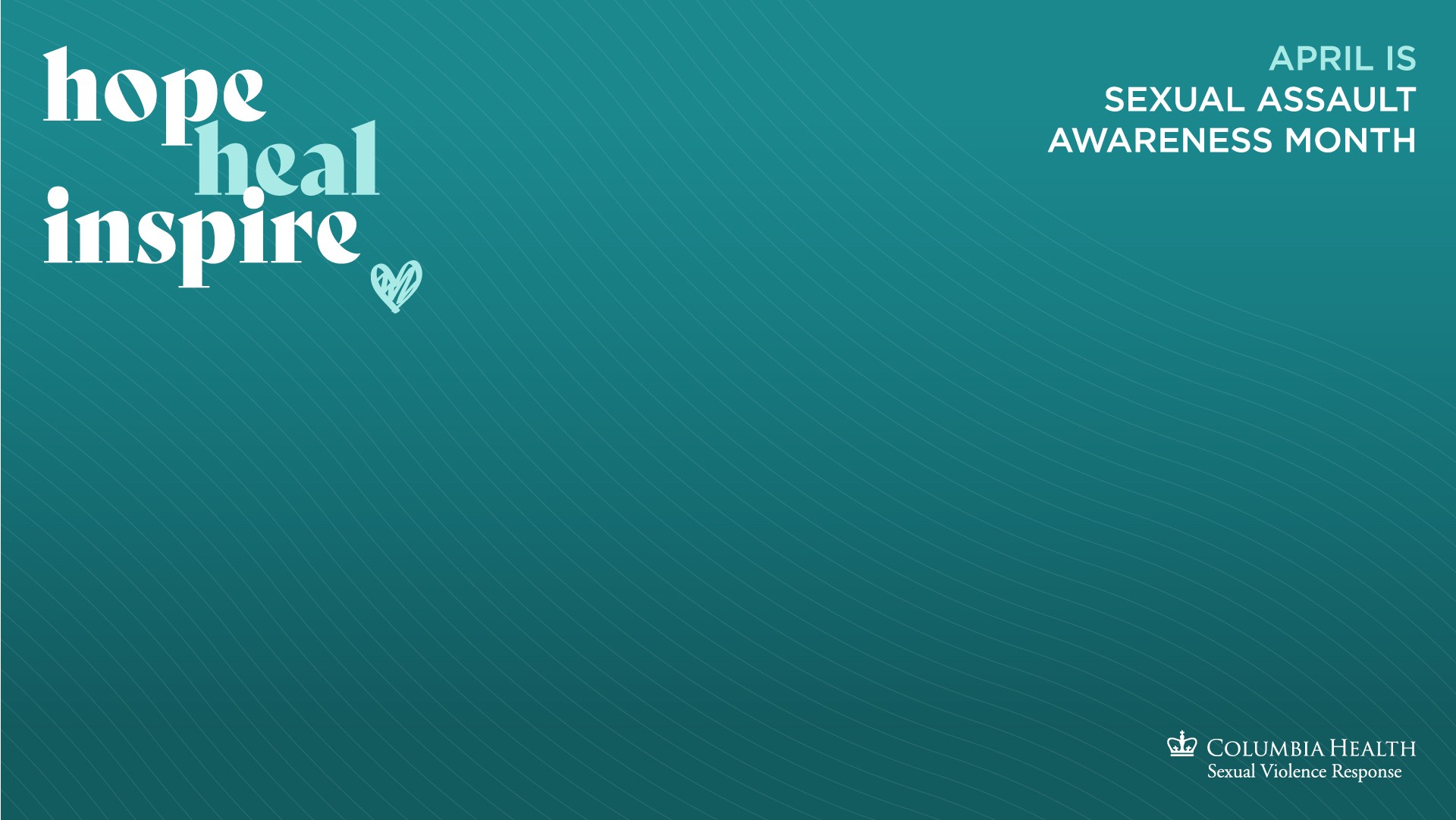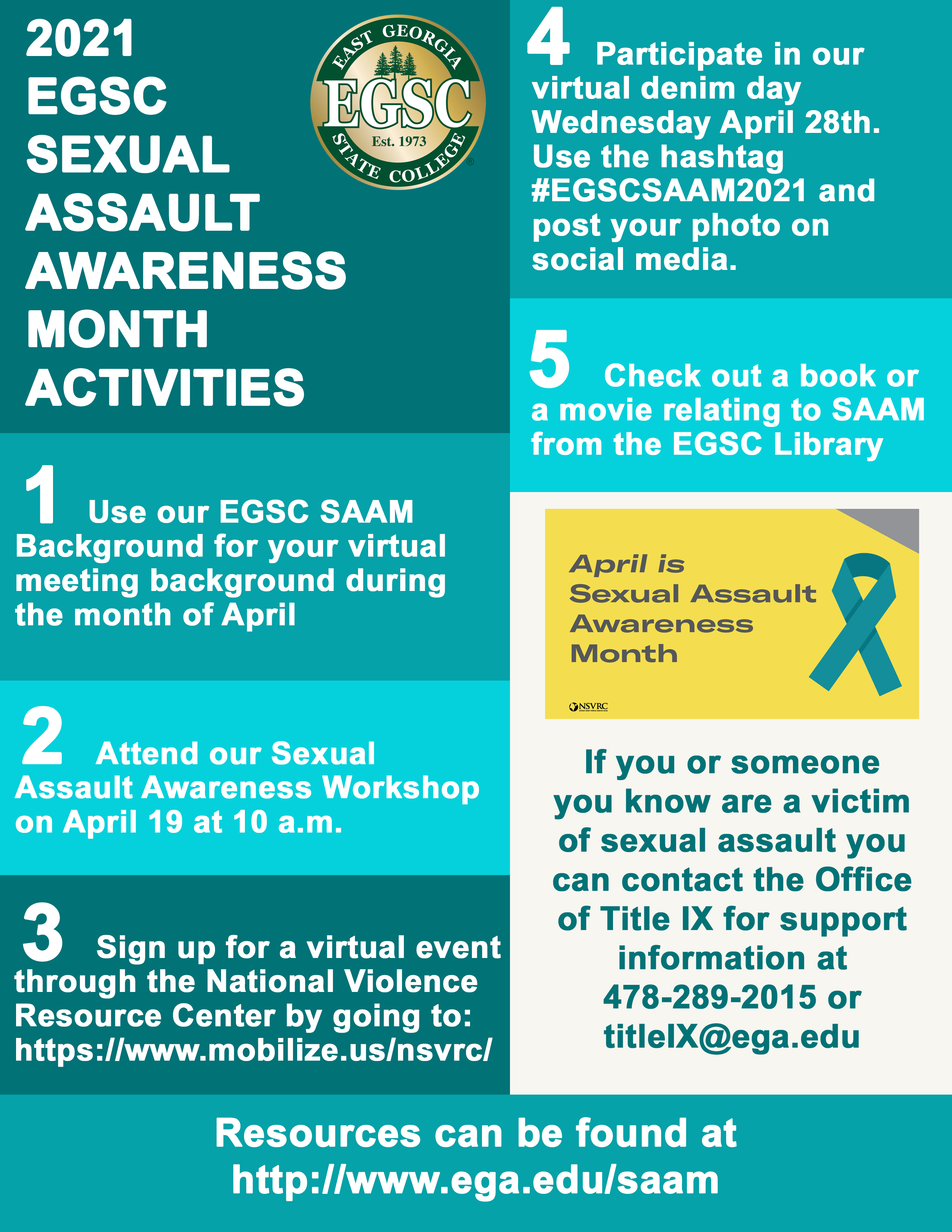Secual Assault Awareness Month - When you think of people at risk of abuse, what kind of people come to mind? If you're thinking of women and girls, you're not wrong—women and girls are more abused than men and boys. However, other populations such as the elderly, LGBTQ+ people, people with disabilities and those with brain injuries are at risk of sexual abuse.
The Bodies podcast focuses on women's health. Each episode follows a queer woman (or non-queer) experiencing uncertainty related to her body and their journey to find answers to what happened. One episode featured a woman who suffered from years of abuse but struggled to find help, ultimately unable to function at work. This is because he was diagnosed with traumatic brain injury (TBI) from years of abuse.
Secual Assault Awareness Month

The most common cause of disability is TBI; About 21 million Americans have one. About 10% of these cases result in seizures, and TBI is common among survivors. If someone has a TBI, they may have symptoms such as dizziness, confusion, or an inability to remember past events. This creates a huge barrier when it comes to reporting sexual abuse, and survivors may not be considered competent to testify in court, which may affect sentencing and defense against future assaults. Also, people with disabilities, not just TBI, often experience abuse more than once, which means that survivors of disabilities are at greater risk.
Sexual Assault Awareness Month During The Covid 19 Pandemic
Another group at particular risk is the elderly, especially those in the care of others or those with dementia. Most of the time, elderly people with dementia cannot accept any sexual activity. Additionally, people with dementia may not be able to testify in court due to memory loss, just like people with TBI. It is important for us to remember and recognize that for many survivors, especially those who cannot support themselves, asking for and receiving help is only part of the battle.
Despite higher rates than non-LGBTQ+ people, LGBTQ+ people are less likely to seek help for assault. A major barrier to seeking help is discrimination, as well as homophobia and transphobia. This can be a barrier in the South or rural areas where there is less open acceptance of the LGBTQ+ community. Regardless of location, people may not know if the services they are looking for are covered, especially if they are seeking first aid.
It is also important to consider that many survivors may share multiple identities, making it difficult to find and receive help for sexual assault. For example, black women who are part of the LGBTQ+ community may experience different barriers than white people who identify as LGBTQ+. Additionally, people may be older, gender nonconforming, or have TBI and other disabilities. We must also consider the role of invisible defects; People with severe mental illness are more likely to be sexually assaulted but less often than the police would believe.
During Sexual Assault Awareness Month, we need to move beyond the narrative that sexual assault only affects a small group of people. When working to combat sexual abuse of all kinds, we must first ask ourselves if we are truly inclusive. This means first confronting domestic racism, sexism, homophobia, ability, ageism or other prejudices. This is especially true at a PWI like NC State, when the facility is dominated by white, able-bodied individuals.
Sexual Assault Awareness
As a college student, it makes sense to focus on preventing sexual harassment in college. But as active citizens of society, we must remember that sexual violence and prevention does not begin or end on college campuses. Even if you have not been sexually harassed, you may know someone who has. Instead of limiting our advocacy efforts to the identities we know and understand, we should expand our reach to include marginalized populations and use our platforms to support those most vulnerable. How can we do this? Some good places to start: April is Sexual Assault Awareness Month (SAAM). Every year, we dedicate this month to raise awareness about sexual assault and other forms of gender-based violence. The programs and events listed below provide opportunities to educate ourselves, support survivors, and connect our communities to create change.
#SAAM co-sponsors: Counseling and Psychological Services, Center for Gender Equity, Pride Center, Student Conduct and Ethical Development, Student Engagement, Survivor Advocacy Services, Title IX, Health and Wellness Promotion
Follow us on social media for updates and connect with us! Check out all the resources we've included to get involved online: SAAM 2022 (must be logged into your account to view)

Learn more about #SAAM and events throughout the month, connect with campus and community resources, and get your FREE DEAL t-shirt (while supplies last)!
Sexual Assault Awareness Month 2019
We also have zoom backgrounds to use for meetings or class meetings (must be logged into your account to view).
Show your support by wearing blue every Tuesday and let us know why. You stand for unity on this issue. Post on social media and remember to use #saam.
For April, the César E. Chavez Community Action Center is partnering with Survivor Support Services to organize a donation drive for the Santa Clara Sexual Assault Response Team (SART). Items to donate:
Healthy Relationships is a drop in session that addresses myths and barriers to relationships, discusses healthy and unhealthy conflict, and teaches different communication styles. The conference discusses how to define boundaries and communication needs in interpersonal relationships. We welcome all questions about the relationship and provide space to discuss. Personal relationships in your life.
Wsu Recognizes Sexual Assault Awareness Month
This event is for currently enrolled students. Students must enter by themselves. Account to enter Zoom Workshop. Register at https://www.eventbrite.com/e/zoom-workshop-healthy-relationships-tickets-275052598727
This three-part workshop is open to those who identify as survivors of sexual assault and/or sexual assault and who need a safe and supportive environment to learn more about sexual violence, healing mechanisms and healthy boundary-setting. The event will be held in person and registration is mandatory to attend. Space is limited. Register at http://www.linktr.ee/caps
For more than 20 years, wearing jeans on Denim Day has been a symbol of support for survivors, raising awareness and protesting against destructive attitudes towards sexual violence. Students, faculty and staff are encouraged to join us in wearing Denim on April 27th. Visit https://www.denimdayinfo.org/ for more details.

YWCA Silicon Valley Golden Gate is hosting a Gender Workshop at the San Jose Women's Club on April 27th (Denim Day) from 4:30-7pm. Participants will break down gender stereotypes and work towards a more equal society. The event will be open to the general public. Check back soon for registration information.
Sexual Assault Awareness Month (saam)
Supported by Health and Wellness Promotion, Center for Gender Equity, Center for Pride, Counseling and Psychological Services, Student Conduct and Ethical Development
Life insurance awareness month, cybersecurity awareness month, secual assault, sepsis awareness month, cyber awareness month, national cybersecurity awareness month, security awareness month, what is secual assault, awareness month, secual assault definition, information security awareness month, october cybersecurity awareness month